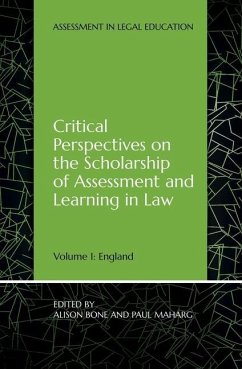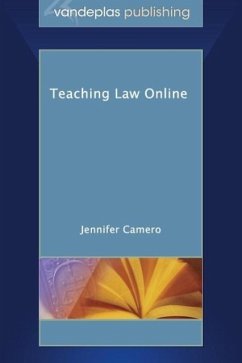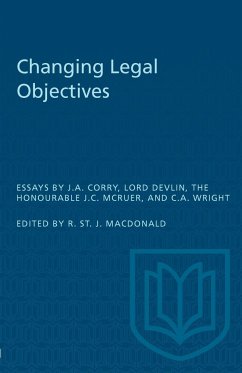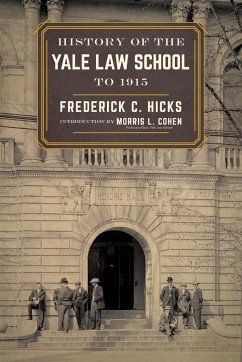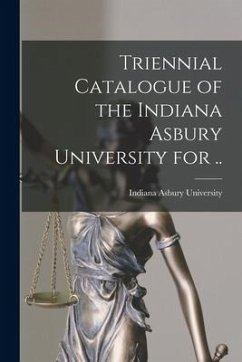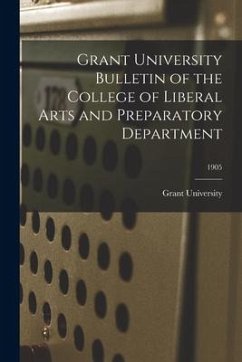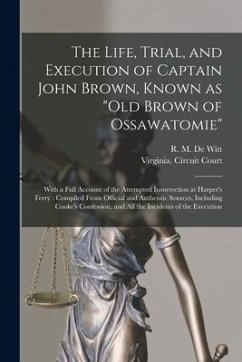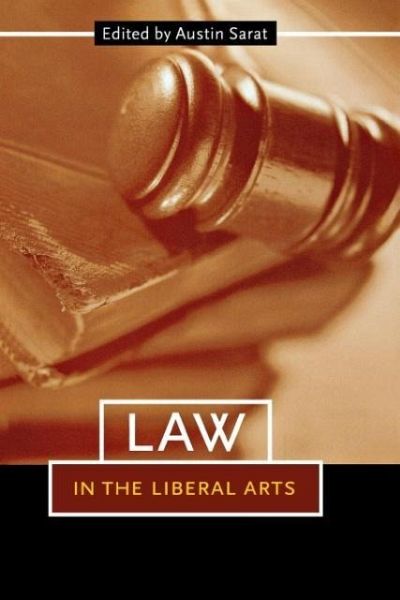
Law in the Liberal Arts
Versandkostenfrei!
Versandfertig in über 4 Wochen
26,99 €
inkl. MwSt.

PAYBACK Punkte
13 °P sammeln!
Should law be left to the lawyers? Is legal education properly understood as technical education? Law in the Liberal Arts answers "no" and suggests that our society is not well served by the current professionalization of legal knowledge. An ideal approach to legal education, in Austin Sarat's view, would open up law and legal knowledge by making them the proper objects of inquiry in the liberal arts. Legal education in the United States is generally located in law schools dedicated to professional training. Sarat believes that this situation impoverishes our ability to see the complex relatio...
Should law be left to the lawyers? Is legal education properly understood as technical education? Law in the Liberal Arts answers "no" and suggests that our society is not well served by the current professionalization of legal knowledge. An ideal approach to legal education, in Austin Sarat's view, would open up law and legal knowledge by making them the proper objects of inquiry in the liberal arts. Legal education in the United States is generally located in law schools dedicated to professional training. Sarat believes that this situation impoverishes our ability to see the complex relations of law, culture, and society in all their variety and to connect theorizing about law with its application in the humanities and social sciences. The contributors to this book aim to assess the place of legal scholarship in the liberal arts by asking whether and how legal research and pedagogy are different in liberal arts settings than they are in law schools.




